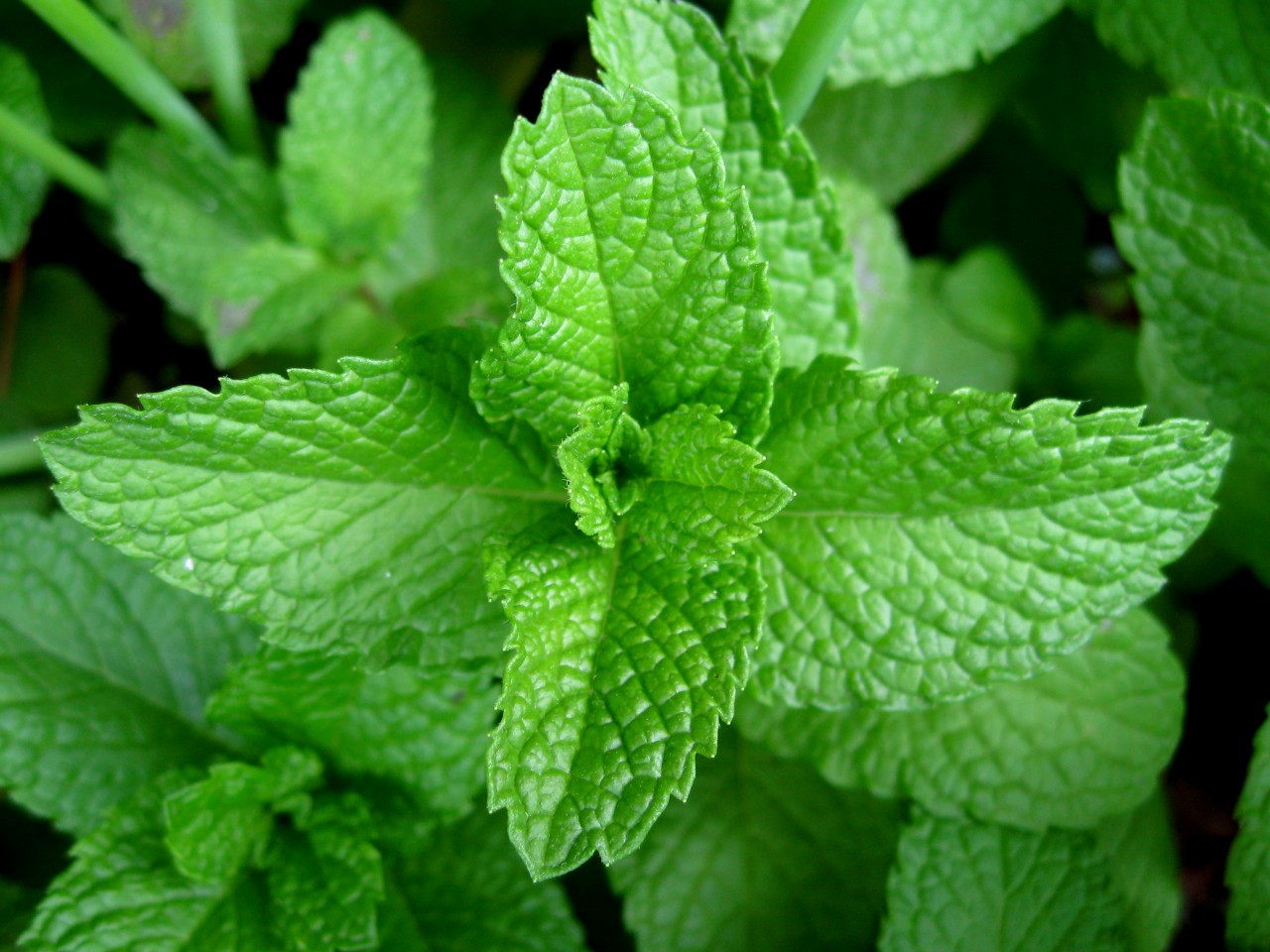Mint, the well known mouth and breath freshener that is scientifically known as Mentha, has more than two dozen species and hundreds of varieties. It is an herb that has been used for hundreds of years for its remarkable medicinal properties.
The market is full of products like tooth paste, chewing gum, breath fresheners, candy and inhalers which have mint as their base element. Most of us are familiar with the refreshing application of mint, but it has far more to offer than that.
Health Benefits of Mint Leaves:-

The aroma of mint activates the salivary glands in our mouth as well as glands which secrete digestive enzymes, thereby facilitating digestion. These attributes are why mint is extensively used in the culinary arts. Much of the western world includes mint as a part of appetizers or as an element of palate cleansers, to be eaten before the main course so the food will digest comfortably.
Asthma: Regular use of mint is very beneficial for asthma patients, as it is a good relaxant and relieves congestion. That being said, using too much mint in this way can also irritate the nose and throat.
Memory Loss: A recent study explored the effects that mint has on alertness, retention, and cognitive function. It found that people who frequently use chewing gum, whose major active ingredient is mint, had higher levels of memory retention and mental alertness than those who did not. The stimulant qualities of mint, once again, have shown yet another reason to pop that stick of gum in your mouth, or chew some leaves when you’re feeling less than brilliant!
Weight Loss: Aside from all the other health benefits of mint, it also can help in your efforts to lose weight in a healthy way! Mint is a stimulant, as we’ve already mentioned, but it also stimulates the digestive enzymesthat absorb nutrients from food and consume fat and turn it into usable energy. Therefore, by adding mint to your diet, you are increasing the amount of fat that is being consumed and put to use, rather than being stored and contributing to your weight gain!
No comments:
Post a Comment